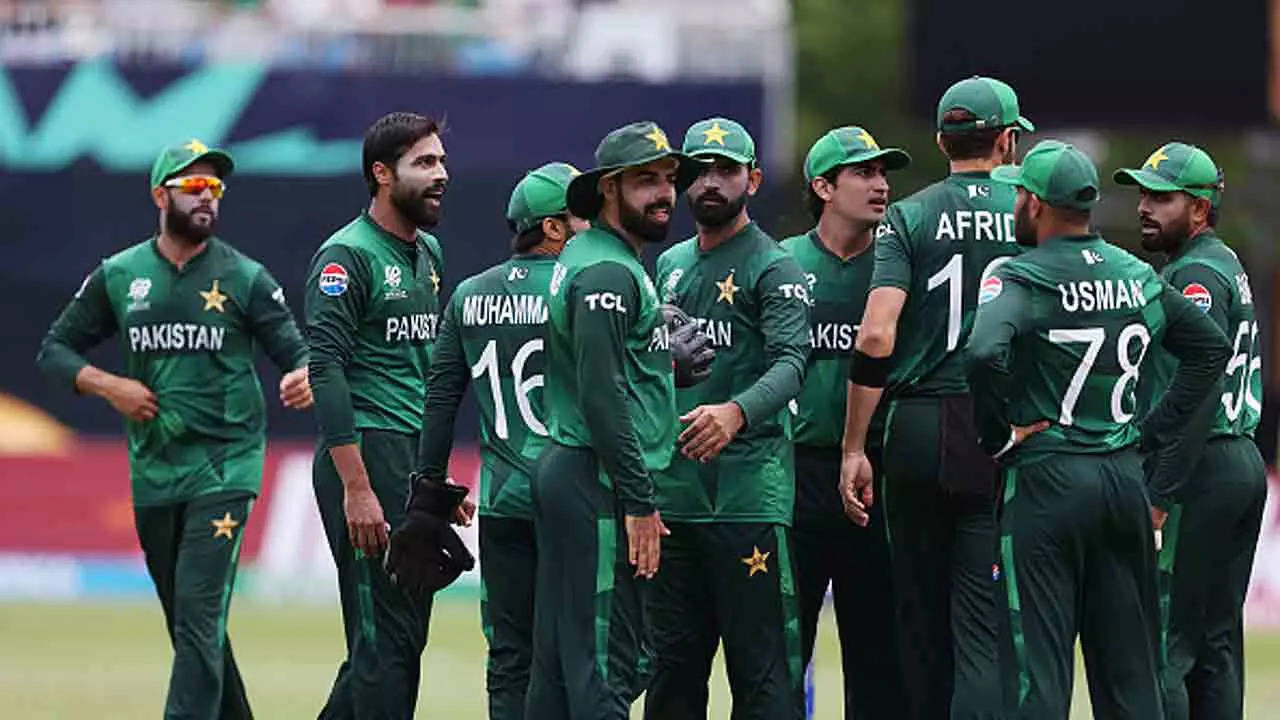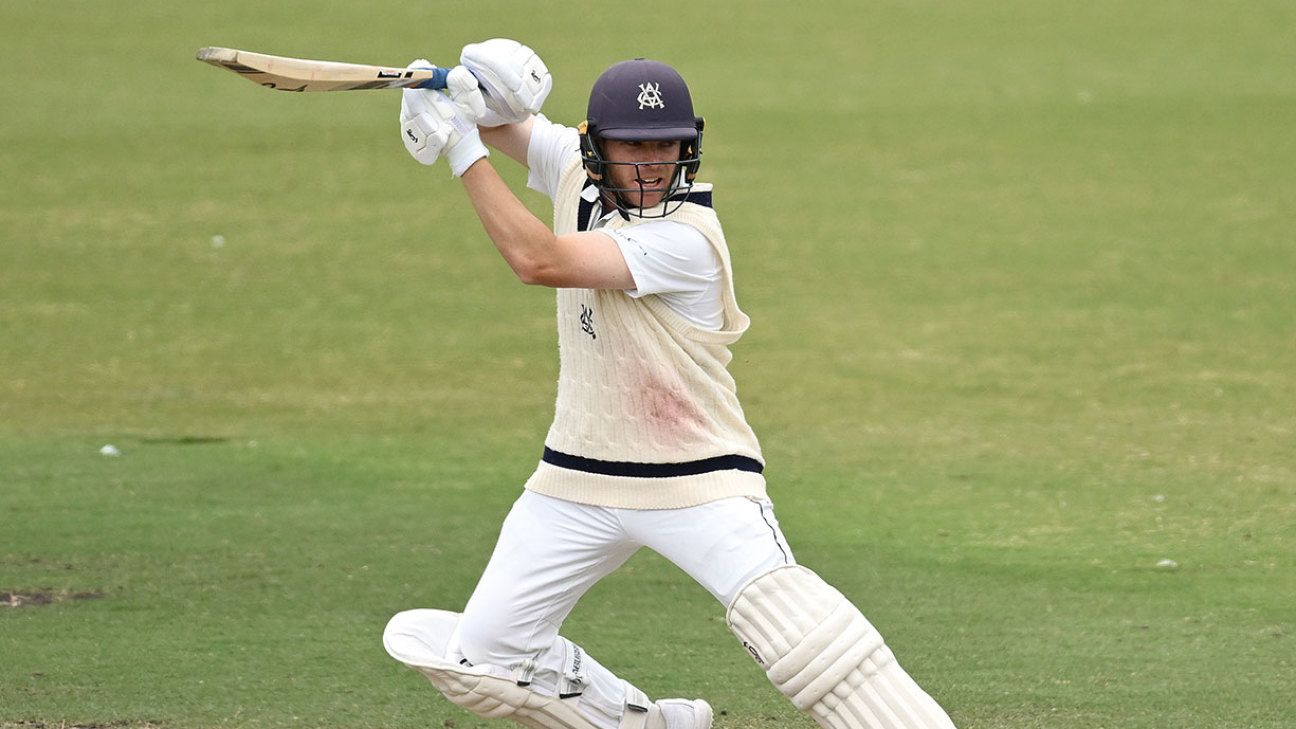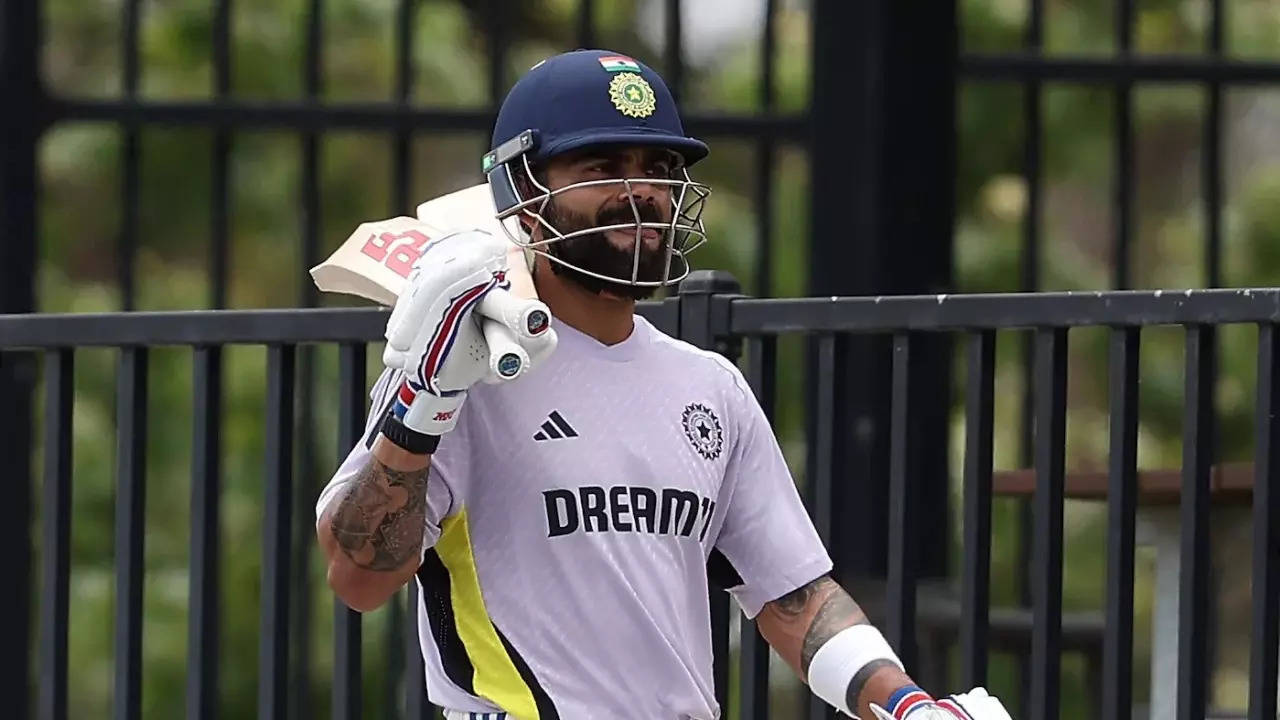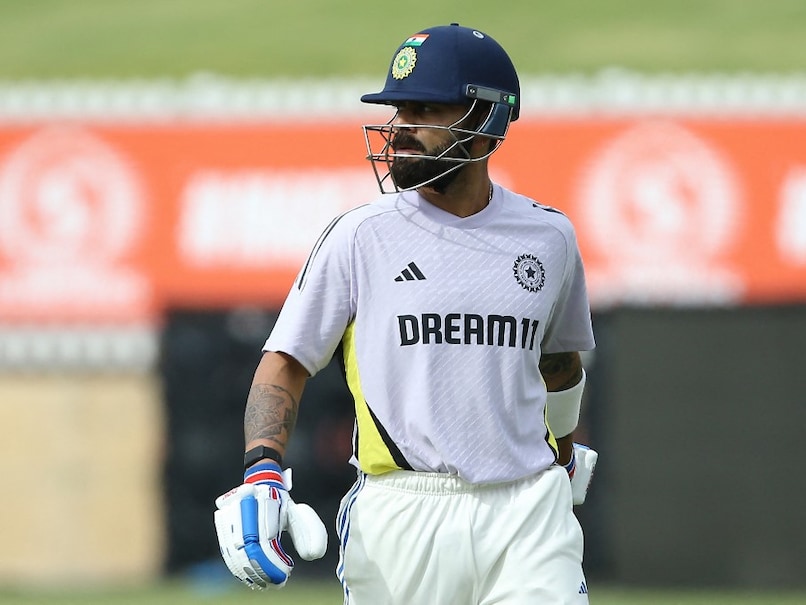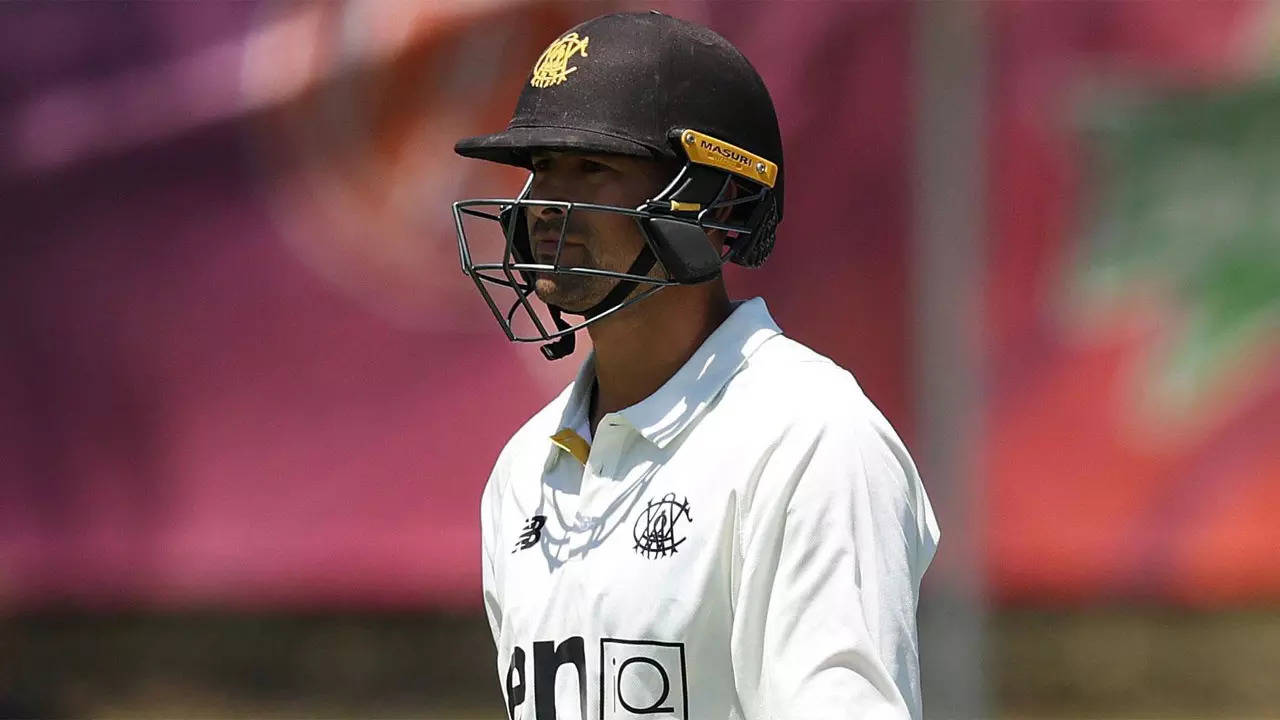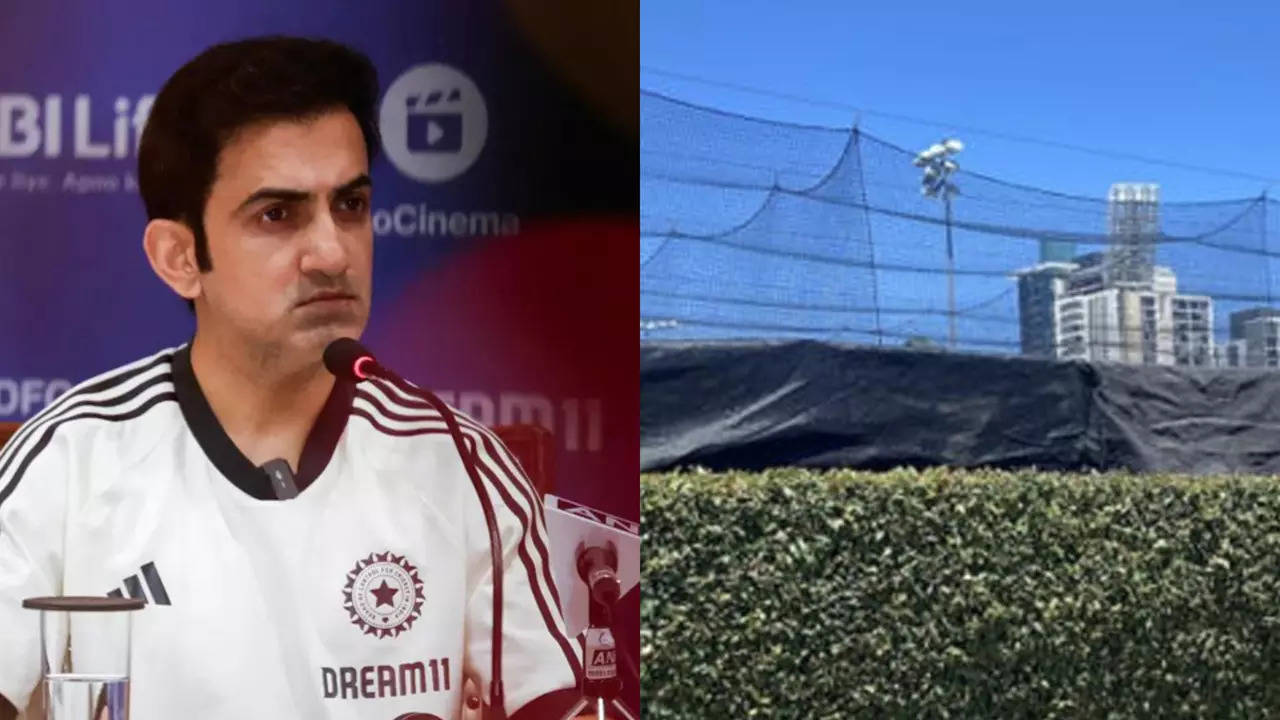Pakistan’s recent dismal performance in international cricket has sparked concerns about the intrusion of politics into the sport. Critics argue that nepotism and political interference at the top are hindering progress on the field.
After a humiliating 0-2 home series loss to Bangladesh, Pakistan dropped to ninth place in the Test rankings, their lowest position in nearly six decades. This followed a string of disappointing results, including early eliminations from the 50-over and T20 World Cups.
The current chairman of the Pakistan Cricket Board (PCB), Mohsin Naqvi, is also the interior minister, a demanding full-time role in a country facing increased terrorist threats. This dual responsibility has raised questions about his ability to effectively lead the PCB.
Over the past two years, Pakistani cricket has witnessed a revolving door of coaches, board chairs, and captains, as well as multiple changes to domestic competition formats. Analysts attribute this instability to political whims.
“This has a knock-on effect on team performance,” said cricket journalist Ahsan Iftikhar Nagi. “When we have chaos and chronic instability within the management of the board, it will reflect on-field performances.”
Cricket is Pakistan’s most popular sport, with players revered as national heroes. The sport transcends social divisions and carries significant cultural and political cachet. Former prime minister Imran Khan, who led Pakistan to victory in the 1992 ODI World Cup, used his cricketing achievements to launch his political career.
Khan, who was recently imprisoned on charges he claims are politically motivated, has criticized the current state of cricket in Pakistan. He alleges that “favorites have been imposed” to run the sport and that Naqvi has “annihilated” the team.
Nepotism and favoritism are prevalent in Pakistan. Khan, who campaigned on an anti-corruption platform, is accused of using his political influence to appoint his preferred PCB chief and interfere in the game’s structure.
Journalist Najam Sethi, a former PCB chairman, believes the position has become a “sinecure” for those seeking prestige. “Generals, judges, and bureaucrats with no knowledge of the game have been appointed,” he said.
Pakistan’s last major victory was the 2017 ICC Champions Trophy. Their most recent home Test win was in February 2021. They reached the final of the 2022 T20 World Cup but suffered shock defeats to Ireland and the United States in the first round of the 2024 competition.
Naqvi and the system that appointed him have come under intense scrutiny following the Bangladesh defeat. Calls for his resignation have intensified, with the Express Tribune newspaper accusing him of “ruining” the game.
The incongruity of Naqvi’s dual roles became evident when he presided over a press conference where he discussed both a mass-casualty militant attack and cricket. Prime Minister Shehbaz Sharif’s adviser, Rana Sanaullah Khan, hinted that support for the PCB chief was waning at the top.

